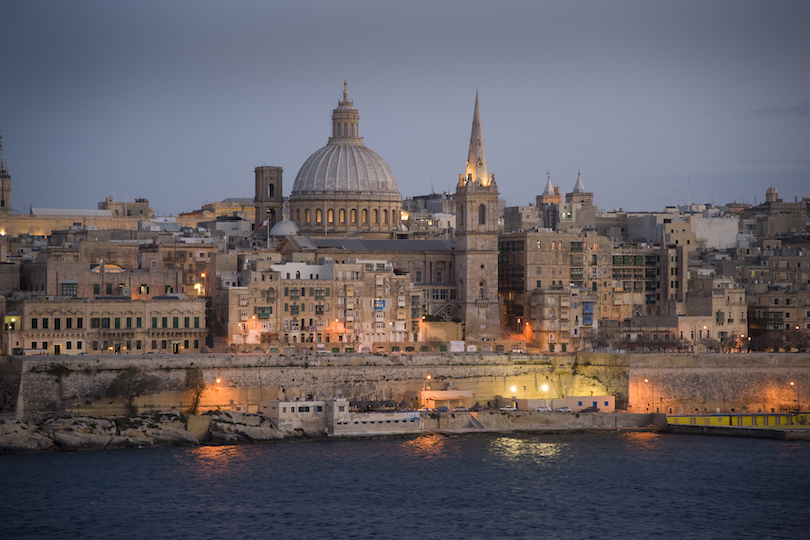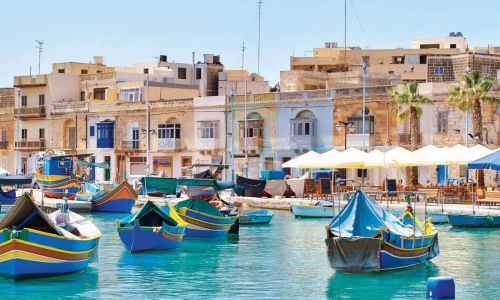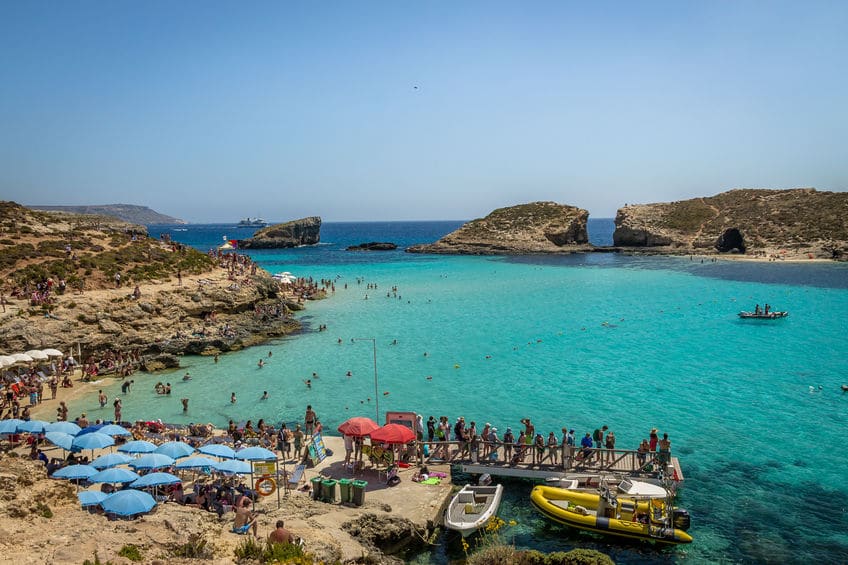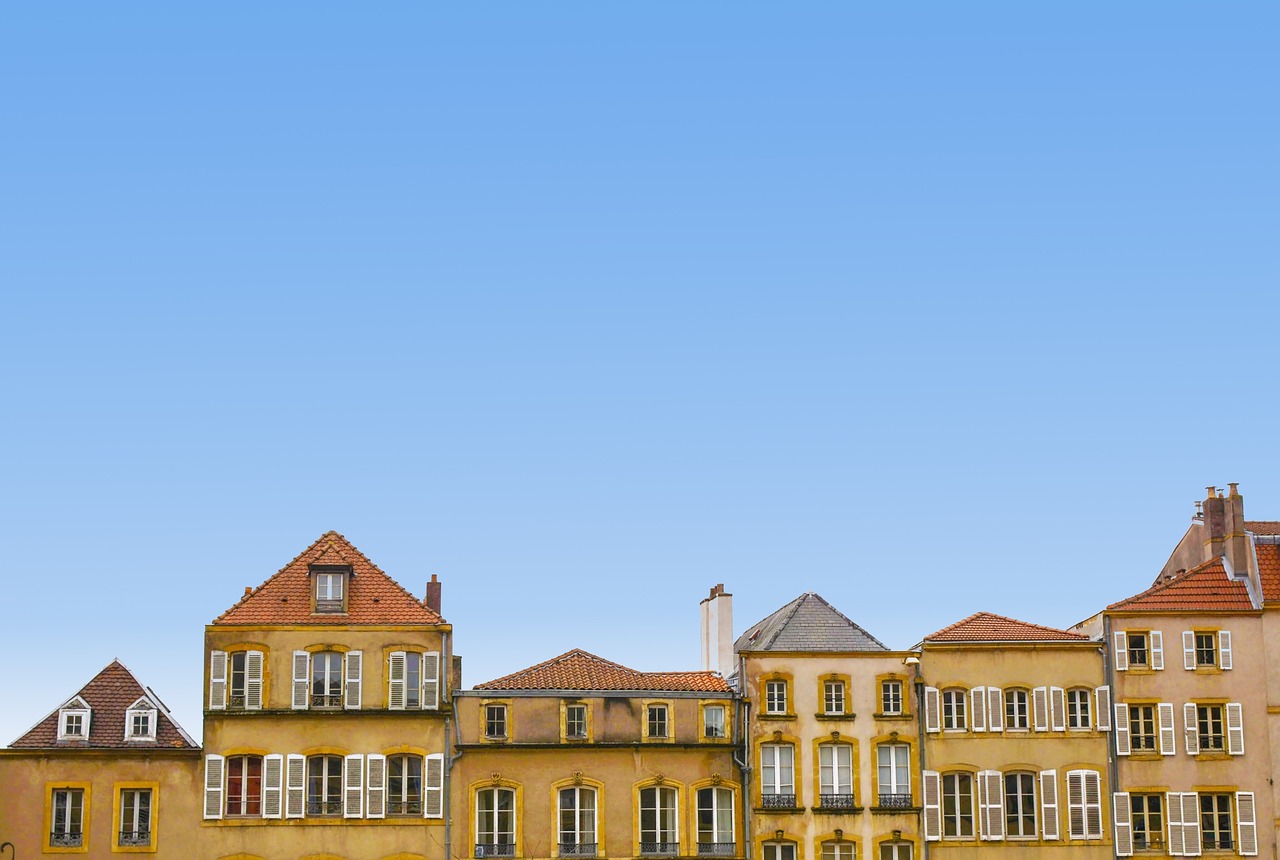In the Mediterranean island nation of Malta, a rich tapestry of languages weaves together to form a vibrant and diverse multilingual culture. Unlocking the linguistic treasure trove of this archipelago reveals a world where English, Maltese, and more coexist harmoniously. Like a key that opens doors to new experiences, learning about the languages spoken in Malta holds the power to unlock a deeper understanding of its culture and heritage.
Steeped in history as a former British colony, English has become widely spoken and taught in schools throughout Malta. The native language, Maltese, spoken primarily in the southern and western regions, adds a unique flavor with its blend of Italian, North African Arabic, English, and French influences. Additionally, the presence of French, German, and other languages brought by immigrants further enriches the linguistic landscape of this multicultural nation.
While English remains the lingua franca, delving into the Maltese language can provide a profound connection to the local community and culture. By embracing the multilingualism of Malta, one can truly unlock the doors to a world of possibilities and engage with the freedom that comes from understanding and appreciating diverse languages.
Key Takeaways
- English is widely spoken in Malta due to its history as a former British colony and is taught in schools.
- Maltese is the official language of Malta and is a unique blend of Italian, North African Arabic, English, and French words.
- Italian is also commonly spoken in Malta, with around 70% of locals being fluent in it.
- Malta is a multicultural hub, with immigrants from various nations speaking languages such as French and German.
Languages Spoken in Malta
The linguistic landscape of Malta is characterized by the widespread use of English, Maltese, and Italian, as well as other languages spoken by the multicultural population. English is commonly spoken in Malta due to its history as a former British colony, and it is the language of instruction in secondary and tertiary education. Maltese, a unique language influenced by Italian and North African Arabic, is widely spoken in the southern and western parts of Malta. Italian is also commonly spoken, with around 70% of the locals being fluent in it. Malta’s multicultural environment attracts a diverse immigrant population, leading to the presence of other languages such as French and German. Language schools are available in Malta for learning Maltese, which can enhance cultural understanding and communication with the locals.
Historical Influences
Influenced by a rich tapestry of historical interactions, the linguistic fabric of Malta weaves together diverse strands from Mediterranean and European shores. The cultural significance of these influences is evident in the linguistic evolution of Maltese. The language is a unique blend of Italian, North African Arabic, English, and French words, reflecting the historical ties and cultural exchanges that have shaped the island. The incorporation of these various languages has not only contributed to the linguistic diversity of Malta but also to its cultural identity. Understanding the historical influences on Maltese allows for a deeper appreciation of Malta’s multilingual culture and its connections to the Mediterranean and European regions. It highlights the island’s position as a crossroads of different civilizations and emphasizes the importance of language in shaping and preserving cultural heritage.
Benefits of Learning Maltese
Understanding the linguistic nuances of Malta’s historical influences can enhance communication and foster a deeper connection with the local community. Learning Maltese offers a unique opportunity for cultural immersion, enabling individuals to gain a deeper understanding of Malta’s rich heritage. Language schools in Malta provide resources and support for those interested in learning Maltese, making it accessible to both residents and visitors. By acquiring the language, individuals can engage with the local community on a more profound level, demonstrating respect and appreciation for Malta’s culture. Additionally, learning Maltese can open doors to new experiences, such as understanding traditional Maltese literature, music, and art. The following table illustrates the benefits of learning Maltese in terms of cultural immersion:
| Benefits of Learning Maltese |
|---|
| 1. Enhanced communication with locals |
| 2. Deeper understanding of Maltese culture |
| 3. Access to traditional literature, music, and art |
Frequently Asked Questions
What other languages are commonly spoken in Malta besides English and Maltese?
Languages in Malta are not limited to English and Maltese. The country’s multicultural environment fosters the use of various languages, including Italian, French, German, and other languages spoken by immigrants from different nations. Language diversity in Malta is a reflection of its cosmopolitan nature.
How has Malta’s history as a former British colony influenced the use of English in the country?
The influence of British colonization on language use in Malta has had a significant impact on the use of English in the country. Malta’s history as a former British colony has resulted in English becoming widely spoken and taught in schools.
Are there any similarities between Maltese and other languages spoken in the Mediterranean region?
Maltese, a blend of Italian, North African Arabic, English, and French words, shares similarities with other Mediterranean languages. Linguistic influences from neighboring countries contribute to the unique character of Maltese within the European Union.
How important is learning Maltese for foreigners living in Malta?
Learning Maltese is important for foreigners living in Malta as it enhances cultural understanding and communication with locals. Language immersion provides numerous benefits, including the ability to engage with the community and navigate daily life more effectively.
Are there any challenges or difficulties in learning the Maltese language?
Challenges in learning Maltese may include the unique blend of Italian, North African Arabic, English, and French words. However, for foreigners living in Malta, the importance of learning Maltese lies in enhancing cultural understanding and communication with locals.













